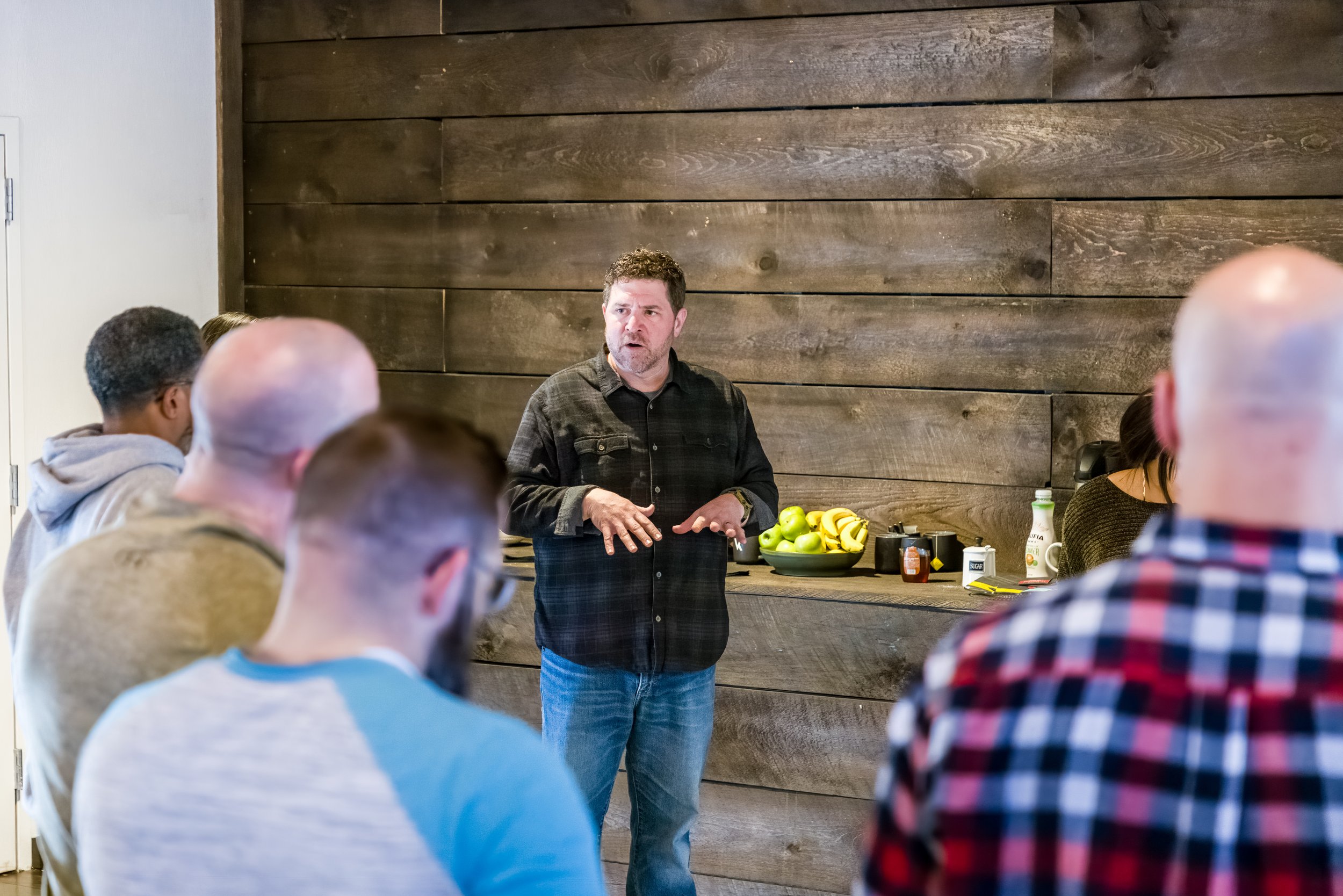part 2: The Power of Retreat. Why Great Leaders Step Away
It’s no secret that Albert Einstein was brilliant. But what’s often overlooked is that attributed his incredible success not only to his intelligence, but to his ability to contemplate. His theory of relativity did not emerge from a packed agenda or endless meetings—it was born out of deep reflection, from deliberate time spent in retreat (often to the Adirondacks of Upstate New York), away from the noise of daily obligations.
Like many leaders today, Einstein faced complex problems—challenges that have no clear solutions, only possibilities to explore. He might have been consumed by the pressure to respond quickly, to push forward without pause–like many great leaders, he was in rather high demand. But he understood something essential: clarity and creativity do not come from urgency. They come from stillness.
A Practice Embraced by the Greatest Leaders
Throughout history, the most influential leaders—both past and present—have understood the necessity of retreat. Retreat, in this sense, does not mean escape or flight; it is not a turning away from responsibility. Rather, it is a way to engage with the deeper, more profound questions that shape one’s decisions and legacies. By creating distance between themselves and their quotidian routines, these leaders gained fresh perspective. They found the space and time necessary for inspiration and transformation.
Martin Luther King Jr. frequently withdrew for extended periods of solitude, using that space to refine his vision for the Civil Rights Movement. These retreats allowed him to consider big-picture strategies beyond the practical immediacy of marches and speeches.
Franklin D. Roosevelt turned to Camp David, not as a retreat in the traditional sense, but as a place to step away from the pressures of wartime decision-making. This gave him the space to think clearly about the future of the world.
Winston Churchill would retreat to the countryside, often spending weeks away from London to write, paint, and reflect. These retreats weren’t leisure—they were a necessary part of his leadership, allowing him to return with renewed vision during times of crisis.
And today?
Bill Gates famously takes “Think Weeks,” periods of uninterrupted reading and reflection, away from meetings, emails, and distractions—emerging with fresh insights that have shaped the course of technology and philanthropy.
Oprah Winfrey incorporates retreats into her life, seeking time in nature and solitude to reconnect with her purpose and maintain clarity amidst the relentless demands of influence.
Naval Ravikant, the entrepreneur and philosopher, has spoken about taking extended retreats—weeks or even months—dedicated to thinking deeply about life, business, and personal growth. He credits these periods of introspection with his ability to navigate complexity with clarity.
What these leaders understand is that retreating isn’t a luxury—it’s a discipline. A necessity.
Retreating Isn’t About Escaping—It’s About Seeing
A retreat isn’t a vacation. Vacations are about doing—about experiencing, sightseeing, filling time with activity. Retreats, on the other hand, are about seeing—about stepping back to observe your own life, your work, and your leadership with a new perspective.
As Viktor Frankl wisely observed, “Between stimulus and response, there is a space. In that space lies our freedom and power to choose our response. In our response lies our growth and our happiness.”
Stepping away creates this space—the space necessary to let ideas breathe, to reconnect with purpose, to strengthen relationships, and to refine vision before making decisions that matter. It allows wisdom to emerge in ways that rushed problem-solving never can.
When was the last time you truly stepped back? Not just for an afternoon, but in a way that gave you real clarity?
When was the last time you sat in silence, uninterrupted, and let your mind wander—not toward the next task, but toward the bigger questions that shape your life and leadership?
The hardest part of retreating is giving ourselves permission to do it. But the most thoughtful, visionary leaders throughout history have known this truth: the greatest breakthroughs happen not when we are buried in the work, but when we step away from it.
So ask yourself: What wisdom is waiting for you in the stillness? And when will you finally make space to hear it?
Learn more about the 5 day Leadership Retreat at VanderKamp. Set up your free consultation today.
-TE



